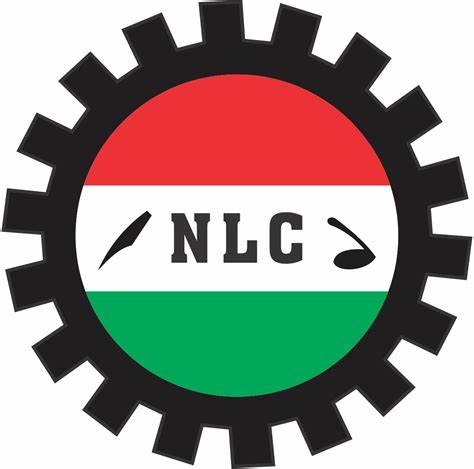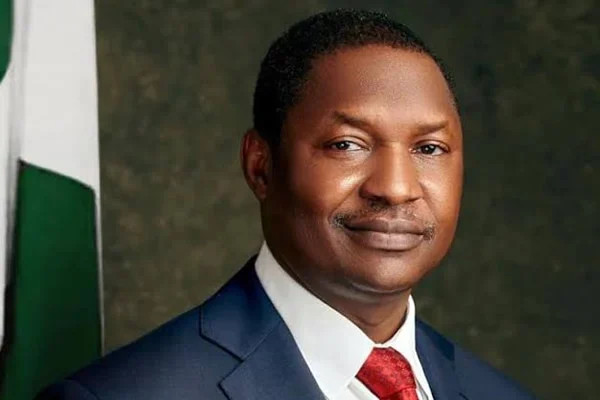by Prof. Pat Utomi
In a mess of epic proportions, such as the fuel subsidy scam and the scam within the scam, as the House of Representatives tried to unravel the abuse of the commonwealth in the petrol pricing and distribution, there is the danger of losing sight of what really matters.
It is easy for the media to focus on the drama of corrupt extortion, the hunter becoming the hunted and the large-scale rape of the Nigerian people by business people in collaboration with government officials. It is also quite easy for the citizens to get lost in a cry of self-pity and wonder at the loss of a sense of shame in the actors, and to become very cynical. It is even more likely that they could get drowned in a deluge of conspiracy theory. Yet what is observed as significantly of import is a loss of confidence by citizens in the institutions of the Nigerian State. Nigeria’s institutions have been and continue to be undermined by those in positions of authority.
I recently witnessed a conversation by simple uniformed guards in front of a bank in Victoria Island as I tried to use the ATM. In summary, they thought the whole fuel subsidy thing was a quarrel that broke out among a gang of thieves. The executive branch, the legislature and law enforcement agencies were ridiculed as worse than armed robbers. They were certain that if the bribe dollars given to the House of Representatives chairman were returned to the Police, they would be stolen by the Police. They even felt the argument between the Police and the State Security Service on the whereabouts of the exhibit dollars was a struggle over who would make them ‘safe’ for their own personal use. They were persuaded, that the Presidency, through its friend in business, set up the House committee chairman who true to the accepted tradition of ambushing the executive and citizens very easily fell into the trap. Should the whole matter, subsidy scamming of trillions from Nigerians or the prosecution of legislators, which they expected to die, as usual, reach the judiciary it would be a chance for that arm, which they see as the main source of Nigeria’s troubles, from all the bribes they take from politicians in post election petitions, to get their share.
I could not believe that people apparently so lowly placed could discuss Nigeria with such deep insights. Even more shocking for me was a statement by one of them that the Presidency must think they are fools to believe the action of the businessman so regularly photographed with the president you thought he was his ADC (he actually used the word batman) could be without his knowledge.
The full consequence of the discussion did not hit me until I was in the car and driving away. Our institutions have been so terribly devalued in the eyes of the average citizen. This has implications many of the actors in the sordid affairs may not have considered. Of course they will realise it is an awkward matter of them dancing naked in the market place with bundles of dollar bills on their heads. In a political culture that has lost a sense of shame, it may amount to a mild discomfort from the discomfiture. I but could immediately feel there was need for a deeper understanding of the consequences of institutional collapse for progress and the future wellbeing of all. Not even the dramatis personae, no matter how selfish they may be could wish the true consequence of their actions if they really understand them.
I have spoken and written often about two of the key anchors of human progress; culture and institutions. Both seem in rapid descent in the current fuel subsidy trauma on the announcement of price increase. The protests and the aftermath of the people’s rally against bad governance put the essence of crisis in perspective for me. Failed institutions was why we had the January crisis in the first place and the probe proved it.
Niall Ferguson is a remarkable English economic historian and business teacher. His book ‘Civilisation: The West and the Rest’ opens with a rich discussion of China’s triumphs, far ahead of the West until so recently. To understand the pre-eminence of the East before the emergence of modern states after the 30 years war and the peace of Westphalia and then eventually James Watts redesign of the steam engine and the industrial revolution it inspired, and 400 years of stagnation of the East, until very recently is to understand institutions. On a recent visit to China, I had the opportunity to reflect on the renewal of China’s institutions since the magic and wisdom of Deng Xiao Ping. Truly to have a political class not given to a deeper understanding of what drives history and human progress is a tragedy and that seems to me to be the biggest challenges we have.
Ferguson found institutions critical to the ascendancy of the West and the stagnation of once great China just as the Nobel Laureate, Douglass North found in his very profound thesis on institutions, institutional change and economic performance. So how should any knowledgeable people react to the willful or inadvertent demolishing of our institutions by the combatants in Abuja?
I was so concerned in the early 1990s about weak institutions in the face of globalisation that I argued that in the age of enlightenment in which the theories of the state and its absolute sovereign authority had begun to receive push backs in the universal declaration of human rights, the emerging doctrine of self-determination and faith-based canvassing of the duty of human solidarity that supranational institutions would begin to emerge in compensation.
Visiting with editors of the Christian Science Monitor in Boston in 1996 I dared to suggest to them that the world would soon see an International criminal court. This would try leaders who act like brutes and violate the rights of the weak or encourage genocide. I also suggested this would be followed by an international economic crimes court that will try and punish leaders who through corruption or willful abuse of the commonwealth cause economic hardships, that are the moral equivalence of genocide, to be brought to trial beyond their shores. The editors of that great newspaper thought I was in the realm of fantasy. Not long after that, one of my fantasies became real with the Rome treaty and the International Criminal Court, which today has tried people like Charles Taylor and the Balkans war chieftains…I still eagerly await the other court. Maybe one day, many of those who act with impunity in Abuja and state capitals will end up there even if it has been decades since they left office. Until then bilateral agreements continue to be the basis for action.
Britain used it to bring a Nigerian governor to trial and justice. The U.S. used non-multilateral means to arrest Panamanian President, Manuel Noriega and bring him to trial in the United States. You wonder if the use of or abuse of the U.S. dollars in the fuel probe scam does not give the U.S. government the grounds to pick up the people involved, private and public sector players alike and arraign them before a U.S. court for money laundering.
In many ways, multilateral effort at supranational institutions to deal with weak institutions in failing states seems an imperative of this new globalisation in age of human dignity.
The editors of that famous newspaper, which gave me a claim to fame, as the late Dele Giwa used to put it, after he first crossed my name on CSM pages when they began publishing my feature pieces about 1980, may have thought my ideas on supranational institutions ‘over-imaginative’ in 1996 but time has more or less made me a prophet on that score. So globalisation may have its discontents as another Nobel Laureate, Joseph Stightz points out, and it may be setting the world on fire and stoking ethnic hatred against market dominant minorities as Amy Chua postulates, but globalisation offers a new set of possibilities for supranational institutions, the travails of the WTO notwithstanding.
The fear that Nigerian leaders today savouring the swagger of impunity as norm, may someday be on trial like Charles Taylor, may help confine people within certain boundaries of conduct, may yet be our saving grace.
Editor’s note: Op-ed pieces and contributions are the opinions of the writers only and do not represent the opinions of Y!/YNaija.
This piece was first published in The Guardian












